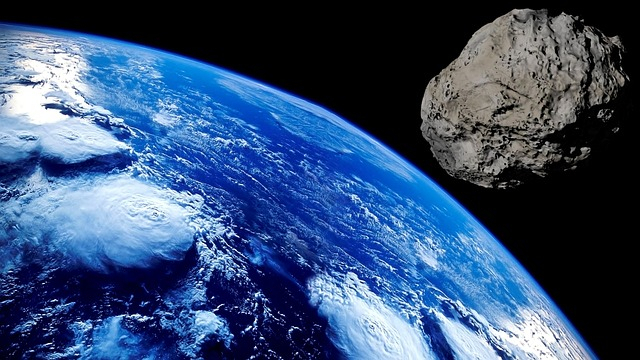
Several top scientists all across the world fear that earth will be hit by a doomsday asteroid one day or the other. In order to combat this fearful event, space agencies like NASA and ESA have already started working on plans to deviate these rogue space bodies that might be in a collision course with the earth. These space agencies are also monitoring all near-earth objects that might pose threats to the planet.
Now, as a first success step, NASA successfully spotted a relatively small asteroid that was hurtling towards the earth before it broke up in the planet's atmosphere. The five-meter wide asteroid named 2019 MO was detected by the University of Hawaii's ATLAS telescope.
Interestingly, researchers spotted this speeding asteroid when it was approximately 3,10,000 miles away from the earth. As scientists spotted this asteroid from such a long distance, experts claim that this is an indication of the advancements made by the space agency when it comes to planetary defense systems.
"Asteroids this size are far smaller than what we're tasked to track. They're so small, they would not survive passing through our atmosphere to cause damage to Earth's surface. But this event shows how capable our search programs are, even for objects of such small sizes," said Davide Farnocchia, a scientist at the Center for Near Earth Object Studies in a recent statement.
Earlier, it has been reported that NASA is apparently building a planetary defense weapon to deviate the collision trajectory of potentially dangerous asteroids. As per reports, NASA is planning to hit these space bodies using a craft, which will change the trajectory of these objects.
In the meantime, several scientists have suggested that nuking will be the best way to combat the threats of large space bodies that are approaching the earth. As per these scientists, NASA's plans to deviate the trajectory will not work as per plans when it comes to rogue space bodies which are so large.








